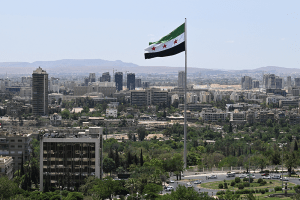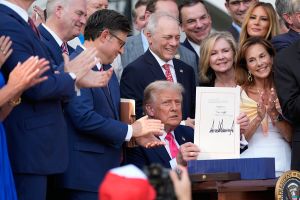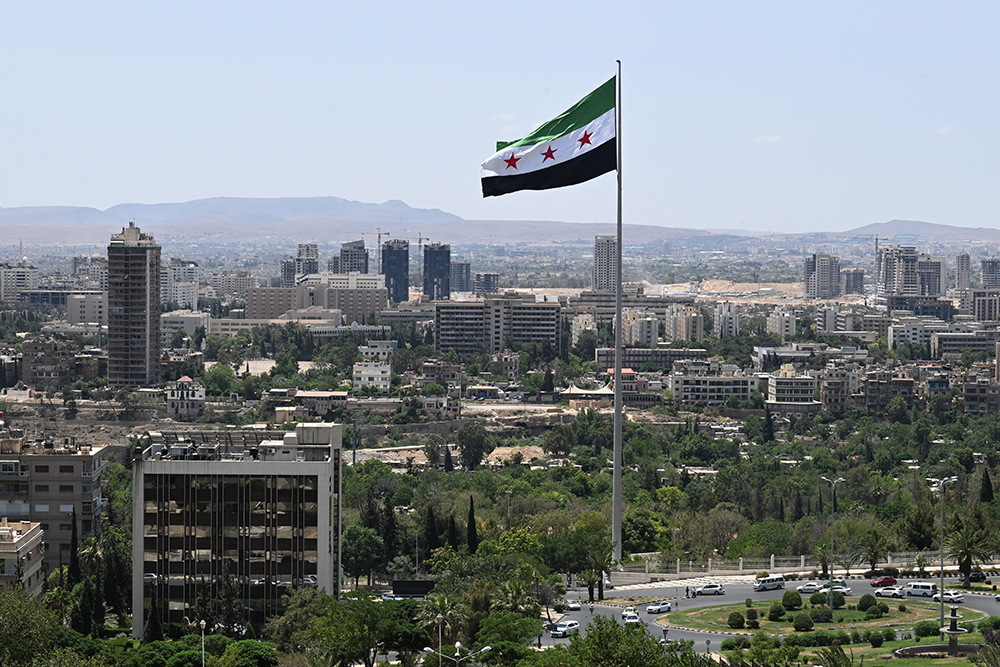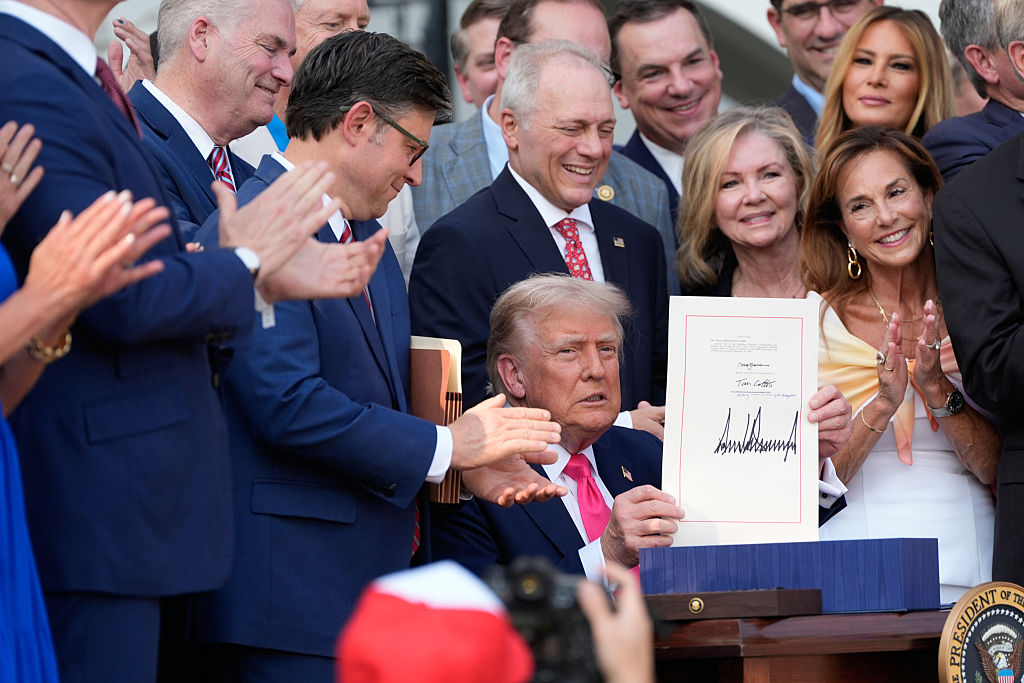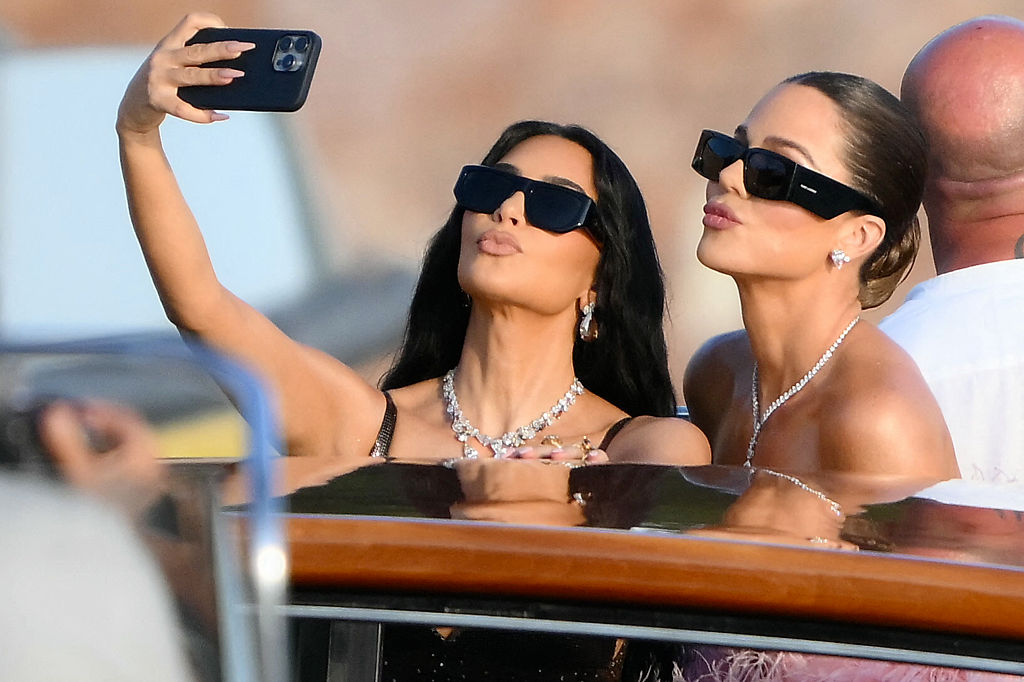It’s a busy time for America’s top diplomat, and perhaps the stress is getting to him. That’s one explanation, anyway, for some of the things uttered by Mike Pompeo over the last week.His most glaring goof came last Tuesday, as he spoke to reporters on board a flight to Japan. The secretary of state was briefing them on the upcoming meeting between President Donald Trump and North Korea’s Supreme Leader Kim Jong-un and said that the administration had started “to put some outlines around the substance of the agenda for the summit between the president and Chairman Un.”Does the top-ranking American official to have met with Kim—ostensibly to prep his boss for his first meeting with the somewhat mysterious leader—really not know how East Asian naming conventions work? Or was this just a minor slip after a stressful first fortnight on the job? The New York Timespointed out that Pompeo “used Mr. Kim’s full name several times during his first interview as secretary of state,” rather than using just his surname after the first reference.Trump declared on Twitter after he nominated Rex Tillerson’s replacement, “Mike Pompeo is outstanding. First in his class at West Point. A top student at Harvard Law School. A success at whatever he has done.” But we know from the grades of Winston Churchill and Albert Einstein that academic success doesn’t always correlate with genius. On CNN last night, in a discussion touching on North Korea and Iran, anchor Ana Cabrera asked me, “The president has a relatively new foreign policy team in place. How is that shaping all of this?” Mike Pompeo only landed in Foggy Bottom on April 26, but he had just finished a stint as CIA director and was an outspoken congressman before that. The television interviews he gave yesterday, however, have me thinking that Cabrera’s question might be all too apposite.“When I said earlier this week that I think Chairman Kim shares the objectives with the American people, I am convinced of that,” Pompeo told Fox News Sunday host Chris Wallace. The idea that a repressive dictator willing to kill his own family members to ensure he faces not the slightest threat to his power shares any objectives with the American people seems laughable. But Pompeo is also under the strange misapprehension that Kim also cares about his own countrymen. He told Wallace that if Kim denuclearises and gets rid of other weapons programs, “we will ensure that your people have the opportunity for the greatness that I know Chairman Kim wants them to have.” This is the same Chairman Kim who has spent so much of his country’s money on weapons programs—not to mention his own opulent lifestyle—that even North Koreans of high status are riddled with tapeworms, as we discovered when one recently managed to defect.Wallace asked Pompeo outright if that meant the United States was saying to Kim, “If you give us what we want, you can stay on in power.” Pompeo replied it did. “We will have to provide security assurances, to be sure.” So Pompeo not only believes that Kim is on the same side as the freedom-loving American people; he also thinks Kim will take American leaders at their word and then give up the weapons his family has been chasing for decades as, yes, its security guarantee. Pompeo hasn’t said a word, of course, about the more pressing day-to-day concerns of North Koreans, especially the 100,000 of them who are political prisoners, often in dreadful forced-labor camps. He also seems to be ignoring the security concerns of America’s allies in the region, like South Korea and Japan. Pompeo repeatedly said on Sunday that his goal is to cut a deal to ensure Kim can’t hit an American city. But what really has me wondering about Pompeo’s perspicacity is something he told both Wallace and Margaret Brennan on Face the Nation. Pompeo said North Korea would see a financial windfall from denuclearisation and explained it this way to Wallace: “This will be Americans coming in—private-sector Americans, not the U.S. taxpayer—private-sector Americans coming in to help build out the energy grid—they need enormous amounts of electricity in North Korea—to work with them to develop infrastructure, all the things that the North Korean people need, the capacity for American agriculture to support North Korea so they can eat meat and have healthy lives. Those are the kind of things that, if we get what it is the president has demanded—the complete, verifiable, irreversible denuclearisation of North Korea—that the American people will offer in spades.” Or, as he told Brennan, “What Chairman Kim will get from America is our finest. Our entrepreneurs. Our risk takers. Our capital providers. Not our taxpayers.”These entrepreneurs would have to be risk takers indeed. What company would send its “finest” into a country that regularly kidnaps Americans as hostages? Yes, Kim did just release three Americans, whom Pompeo accompanied back home. One of those three, Kim Dong-chul, was a 64-year-old Virginia resident who ran a business in the country’s Rason special economic zone. Even after the Iran nuclear deal was signed, many American and European companies were reluctant to do business there. One factor was the uncertainty that the new president would unravel the deal; another was likely the uncertainty that Westerners doing business in Iran wouldn’t one day be kidnapped and used as bargaining chips, which Iran has successfully done in the past. Given the way North Korea treats its kidnapped foreigners—forcing them to do the regime’s bidding in labor camps—one wonders why Pompeo is so sure that “Chairman Kim will get from America” its “finest.” Or anyone at all, except perhaps a Dennis Rodman type more interested in making headlines than headway.It’s less than a month until Trump’s June 12 summit with Kim in Singapore. I know he’s had a busy first few weeks, but the secretary of state might want to study and talk to those with real expertise on the Hermit Kingdom before he brings his blustering boss into that meeting.
Does Mike Pompeo really think he can cut a good deal with North Korea?
The new secretary of state has already blundered during his short tenure.
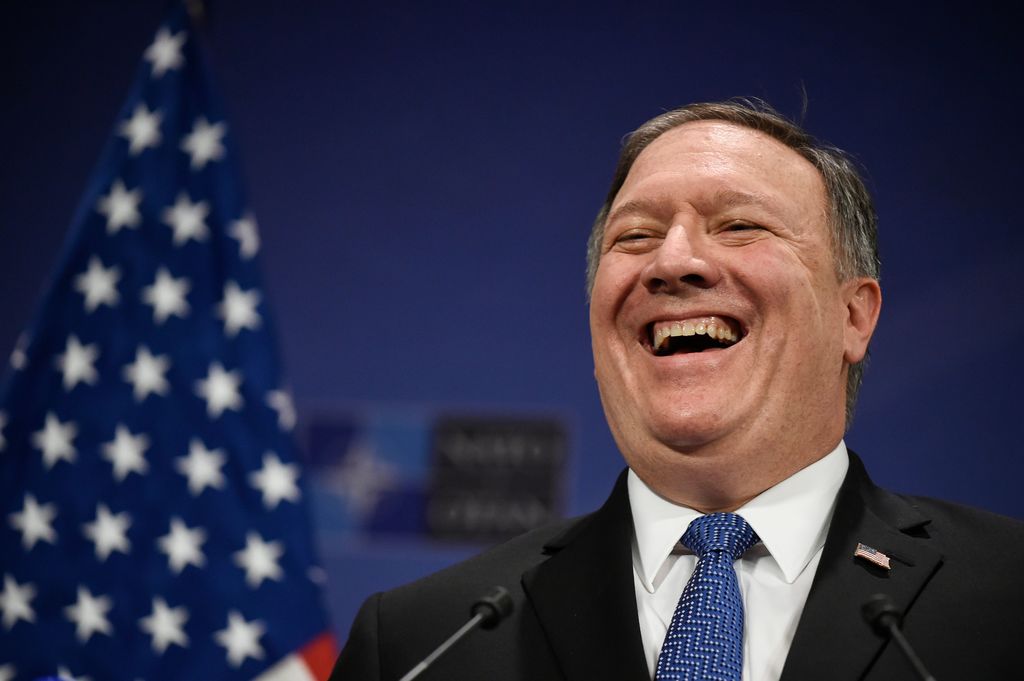
US Secretary of State, Mike Pompeo gives a press conference during a NATO Foreign ministers’ meeting at the NATO headquarters in Brussels on April 27, 2018. (Photo by JOHN THYS / AFP) (Photo credit should read JOHN THYS/AFP/Getty Images)
It’s a busy time for America’s top diplomat, and perhaps the stress is getting to him. That’s one explanation, anyway, for some of the things uttered by Mike Pompeo over the last week.His most glaring goof came last Tuesday, as he spoke to reporters on board a flight to Japan. The secretary of state was briefing them on the upcoming meeting between President Donald Trump and North Korea’s Supreme Leader Kim Jong-un and said that the administration had started “to put some outlines around the substance of the agenda for the summit between the president…
Comments
Share
Text
Text Size
Small
Medium
Large
Line Spacing
Small
Normal
Large










